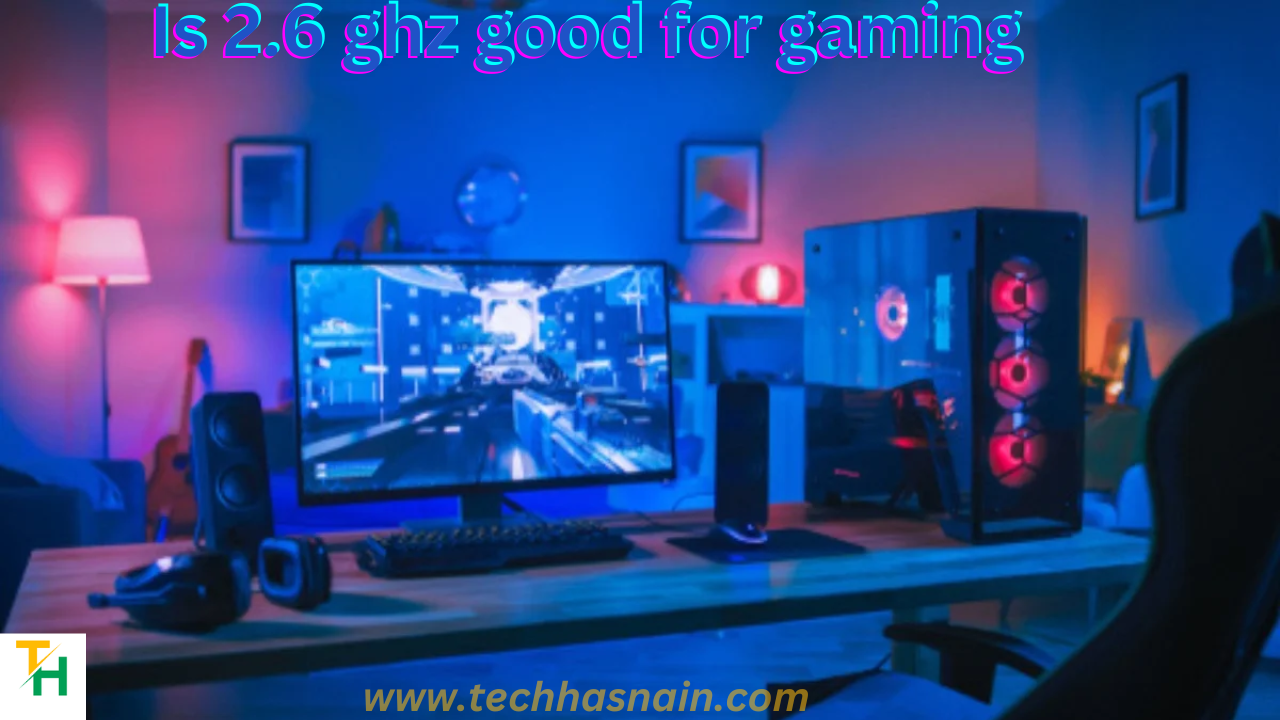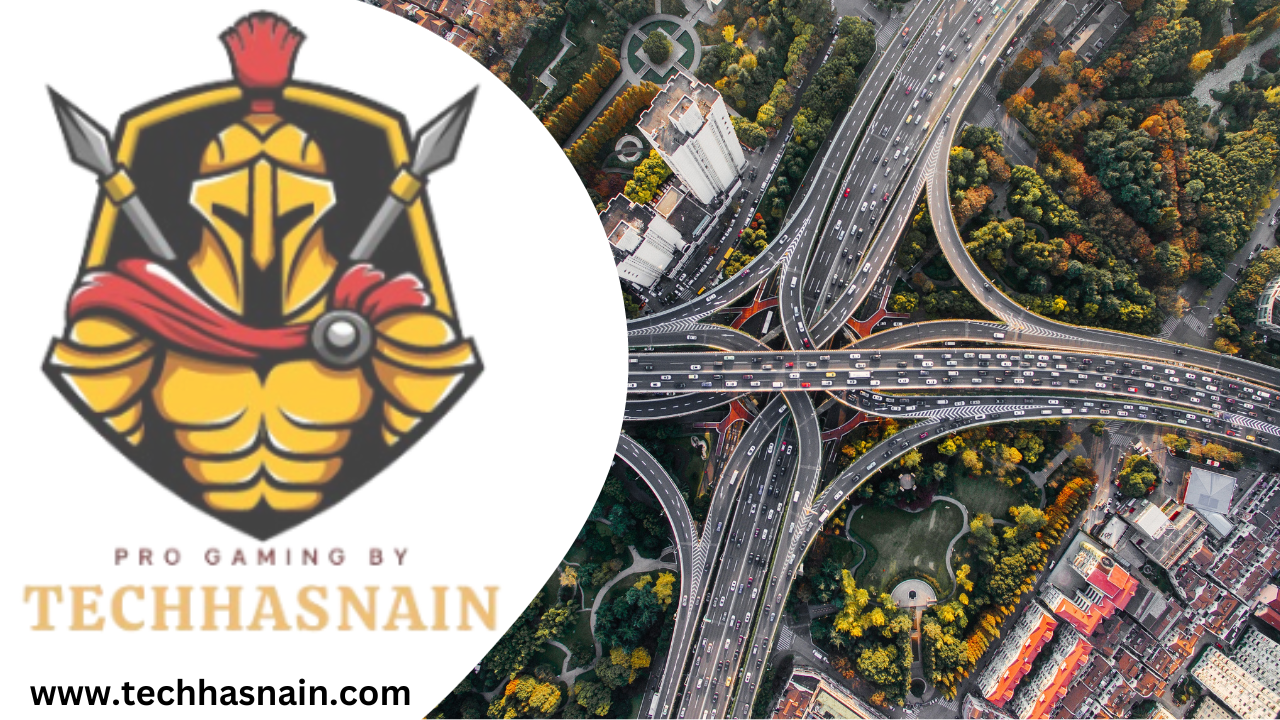When it comes to gaming, many factors contribute to a smooth and enjoyable experience, and the performance of your central processing unit (CPU) plays a critical role. CPU clock speed is often a key consideration for gamers, and 2.6 GHz is a clock speed commonly found in laptops and desktops. In this article, we'll explore whether 2.6 GHz is good for gaming and examine the broader context of CPU performance in gaming.
Understanding CPU Clock Speed
CPU clock speed, measured in gigahertz (GHz), refers to the frequency at which a CPU's cores operate. It determines how quickly the CPU can execute instructions and process data.
The Role of the CPU in Gaming
In gaming, the CPU plays several critical roles
Game Logic and AI
The CPU handles game logic, artificial intelligence (AI), and non-graphical calculations. This includes tasks like determining the behavior of non-player characters (NPCs), managing game physics, and running scripts.
Input Handling
The CPU processes player inputs, such as keyboard and mouse commands or controller inputs, and translates them into in-game actions.
System Management
The CPU manages system resources, including memory allocation, thread scheduling, and communication with other hardware components like the graphics processing unit (GPU).
Multiplayer and Network
For online multiplayer games, the CPU handles network-related tasks, such as sending and receiving data from servers and synchronizing player actions.
Is 2.6 GHz Good for Gaming?
The adequacy of a 2.6 GHz CPU for gaming depends on several factors, including the specific game you're playing, the architecture and generation of the CPU, and the accompanying hardware components. Here's a breakdown:
1. Game Requirements
Different games have varying CPU requirements. Less demanding or older titles may run smoothly on a 2.6 GHz CPU, while newer, more resource-intensive games may struggle. It's essential to check the minimum and recommended system requirements for the games you intend to play. These requirements often specify the CPU speed and architecture needed for optimal performance.
2. CPU Architecture and Generation
The clock speed of a CPU is only one aspect of its performance. The CPU's architecture and generation also significantly impact its capabilities. Newer CPU architectures tend to be more efficient and capable of handling gaming tasks more effectively, even at lower clock speeds.
3. Multithreading Support
Many modern CPUs, including those with clock speeds around 2.6 GHz, offer multithreading support, allowing them to handle multiple tasks simultaneously. This can be beneficial for gaming, as it enables the CPU to manage background processes, system tasks, and game-related calculations more efficiently.
4. GPU Performance
While the CPU is essential for gaming, the graphics processing unit (GPU) is equally critical. A powerful GPU can compensate for a CPU with a lower clock speed, particularly in games that are highly dependent on graphics performance. In some cases, investing in a better GPU may have a more significant impact on gaming performance than upgrading the CPU.
5. Resolution and Settings
The gaming experience is also influenced by factors like the screen resolution and in-game graphics settings. Lower resolutions and reduced graphics settings can alleviate the CPU's workload, allowing games to run more smoothly on CPUs with lower clock speeds.
6. Overclocking
If your CPU supports overclocking and you have adequate cooling solutions, you may be able to increase its clock speed, improving gaming performance. However, overclocking can void warranties and may not be recommended for all CPUs.
7. Bottlenecks
In gaming systems, a bottleneck occurs when one component, such as the CPU, limits the performance of other components, like the GPU. A 2.6 GHz CPU could potentially bottleneck a high-end GPU, leading to suboptimal gaming performance.
8. Game Genre
The type of games you play can impact CPU requirements. For example, real-time strategy games and massively multiplayer online games (MMOs) with many on-screen elements may demand more CPU power than single-player action-adventure games.
Conclusion
Context Matters
In conclusion, whether a 2.6 GHz CPU is good for gaming depends on various factors, and context matters. While a 2.6 GHz CPU may be sufficient for some gaming experiences, it may struggle with more demanding or recent titles. It's crucial to consider the overall balance of your gaming system, including the GPU, RAM, and storage, in addition to the CPU.
When evaluating your CPU's suitability for gaming, be sure to:
Check the specific system requirements of the games you intend to play.
Consider upgrading other components, such as the GPU, if necessary, to alleviate potential bottlenecks.
Explore graphics settings and resolutions that optimize performance on your system.
Keep an eye on CPU architecture and generation, as newer models may offer better performance at similar clock speeds.
Ultimately, while clock speed is a relevant factor in CPU performance, it's just one piece of the puzzle. A well-rounded gaming system with an appropriate CPU, GPU, and memory configuration will provide a more enjoyable gaming experience, regardless of the clock speed of the CPU.








Post a Comment
0 Comments